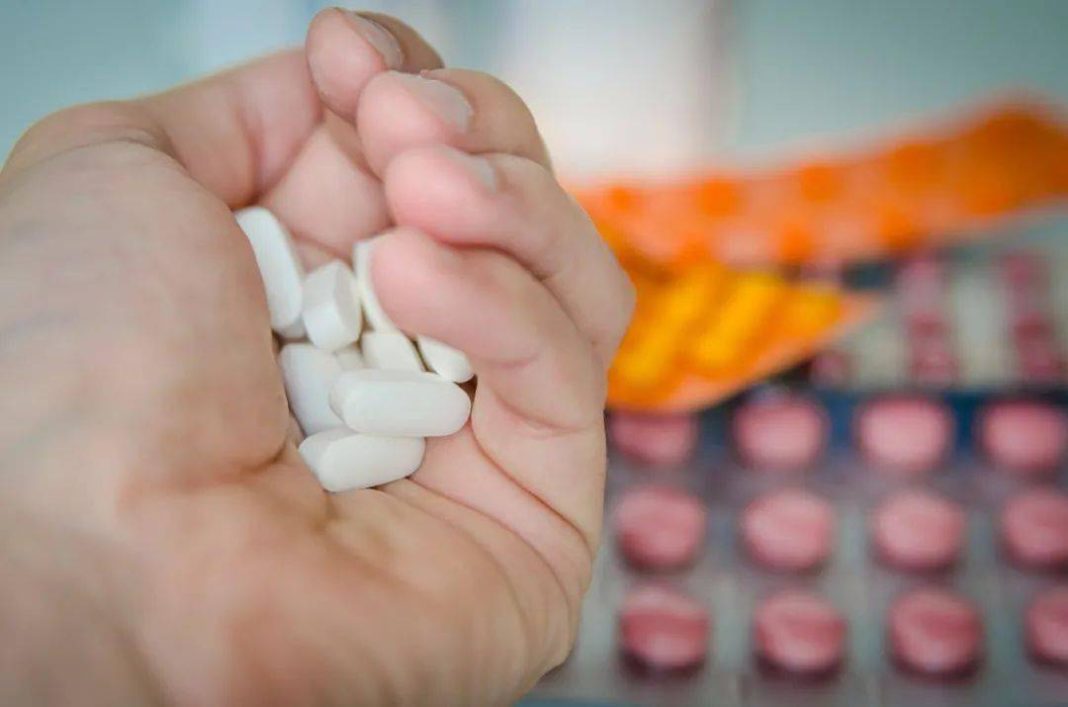For most hypertension patients, sticking to long-term medication and maintaining a healthy lifestyle can effectively control the progression of the condition.
However, sometimes overlooking certain details can bring unexpected risks:
Medication should be taken first thing in the morning!
Research has found that morning hypertension is a major culprit behind sudden death, myocardial infarction, and stroke.
Blood pressure fluctuates over time; “morning blood pressure” refers to measurements taken within an hour after waking up, usually between 6-10 AM.
If home morning blood pressure is ≥135/85 mmHg and/or office blood pressure is ≥140 mmHg, it indicates morning hypertension.
Therefore, Dr. Ha reminds you:
There is a small detail that can help avoid damage caused by morning hypertension, which is—
Antihypertensive medication should be taken immediately upon waking, and be careful not to go out or engage in strenuous exercise right away.
Do not shorten the medication intervals.
Some people may suddenly experience low blood pressure during hypertension treatment (systolic pressure below 90 mmHg, diastolic pressure below 60 mmHg).
This may be due to improper timing, dosage, or method of taking medications, causing the blood pressure to drop “too quickly”!
Excessive low blood pressure can cause significant harm to the body; prolonged low blood pressure can greatly impair bodily functions, leading to gradual declines in hearing, vision, and even memory, increasing the risks of dementia, falls, fractures in the elderly, and fainting in younger individuals due to fatigue, mental exhaustion, low spirits, and depression, which may eventually lead to psychological disorders.
So, Dr. Ha reminds you:
When taking antihypertensive medications, you must not arbitrarily increase the dosage or shorten the medication intervals, and after taking the medication, you should also avoid sudden changes in posture to prevent **orthostatic hypotension, which can lead to accidents.
Don’t “cut back by half a pill”!
Some patients believe: if my blood pressure is well controlled, can’t I reduce the dose and take one and a half pills less, or even stop the medication for a while and resume when my blood pressure rises?
This is absolutely not acceptable!
Improving lifestyle can only reduce blood pressure by 4-8 mmHg, and the effects of different lifestyle changes cannot be combined. Therefore, if blood pressure is well controlled after taking medication, it signifies that the medication is working; indiscriminately stopping antihypertensive medications will lead to unstable blood pressure control.
If blood pressure remains high over a long period, especially if systolic pressure reaches around 170-180 mmHg, it will be difficult for blood to pass through the “narrow and tight” heart and cerebral blood vessels, leading to many severe and life-threatening diseases.
Thus, Dr. Ha reminds you:
Patients should not stop their medications on their own; if symptoms noticeably lessen, they should consult a doctor about reducing the dosage or adjusting the medication plan.
Continue taking medications even without symptoms!
We know that hypertension generally presents some symptoms, such as headaches, dizziness, palpitations, and a strong pulsing sensation in the temples;
However, some patients do not present typical symptoms and may only experience insomnia, forgetfulness, decreased memory, distractibility, and emotional lability, making it easy for these issues to be overlooked.
Yet sometimes, hypertension symptoms can be a good thing; different levels of symptoms act as “alarm signals,” reminding patients to seek medical attention promptly.
If one gradually adapts to the state of hypertension without symptoms during the slow rise in blood pressure, that is even more dangerous, making it hard to motivate patients to consistently take their medications without missing doses.
No symptoms do not mean that the body is not being harmed by hypertension; if blood pressure is not controlled for an extended period, small arteries can repeatedly spasm, leading to sustained pressure increases within the blood vessels, causing thickening and hardening of the vessel walls, resulting in arteriosclerosis, which can cause life-threatening issues such as strokes, heart failure, and myocardial infarction.
Therefore, Dr. Ha reminds you:
Do not think that the absence of discomfort means there is no hypertension, or that even if there is hypertension, having no symptoms means no treatment is needed. Please adhere to standardized medication treatment!
Like what you see? Like, share, comment~


